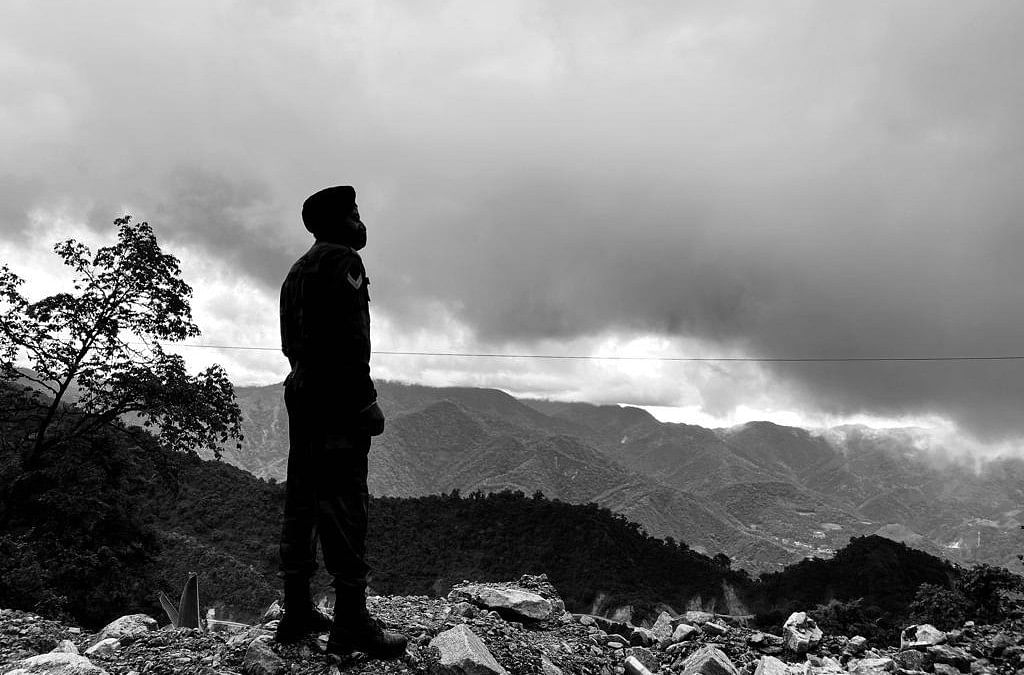It is complicated. We have several issues, and the issues seem to be unending. India and China will possibly continue to have friction in the coming years as well. The very definitive thinking among the Chinese is that India needs to be cut to size. They do not want India to rise. The major factor is that they do realize that thirty years from now, the one country which can rise against China, could be India. They do realize that it could happen someday. But they want to delay it as long as they can. They want to keep India busy with Pakistan, Nepal and all these issues. Border issues are paramount in Sino-Indian diplomatic spat. The settlement is not happening, because the Chinese are not exchanging maps. The Chinese are reluctant to take it forward. They want it absolutely on their own terms, which again could have happened possibly with some negotiations. But their stance on Kashmir, their relationship with Pakistan, the Galwan incident etc signal towards the fact that they want to keep the pot boiling. There are trade imbalances, India exports far lesser than what it imports from China. So we have trade issues, we have military issues, we have border issues and we have geopolitical conflicts. But we do agree on certain things such as agriculture, climate and when it comes to dealing with the western nations on certain issues. Even though the divergence appears to be far more prominent as of now.
The Chinese will not push India too far. While they do understand that they have to keep India under limits, they also do realize that if they push India too far then it is going to backfire. They do realize India is a prominent country and it won't forget the issues. We haven't forgotten 1962. So, they aren't really inclined to push India too far but they are definitely not willing to give India a leeway to rise on the shaft. If we see their stance on the Nuclear Suppliers Group or their stance on India's demand for a permanent seat in UNSC, China happens to be the lone dissenter. If the power disparity keeps on going, the Chinese will become more and more assertive. Until the 1990s they never opposed UNSC membership or other things, but over the years they changed their stance. Earlier they were ready to go with the rest of the world, but now they are willing to take risks. So we will have to be careful that the power disparity, especially the economic disparity between India and China remains limited. If it keeps on increasing, we will see a much more assertive China.
I think no number of nuclear weapons for that matter is going to be the deciding factor, because we are not going to have a nuclear war per se. The Indian and Chinese leadership would never go to the extent of using nuclear weapons against each other. But at the same time conventional battles, exchanges and fights that we are having on the border is enough to keep the pot warming and that is what the Chinese want. So we have to be careful of all these things and make sure that we put our own house in order. If we are able to keep doing that, we will be able to take care of the Chinese well

 www.news18.com
www.news18.com


